Jackie Ormes was born Zelda Mavin Jackson in Monongahela, Pennsylvania, on August 1, 1911 to William Winfield Jackson and Mary Brown Jackson. Her family owned and operated a printing business and a movie theater that served the Pittsburgh community up until 1917, when her father died in a motor vehicle accident. Ormes was certainly influenced by this family tradition in printing and entertainment, as she would later become the first African-American woman syndicated cartoonist in the United States.
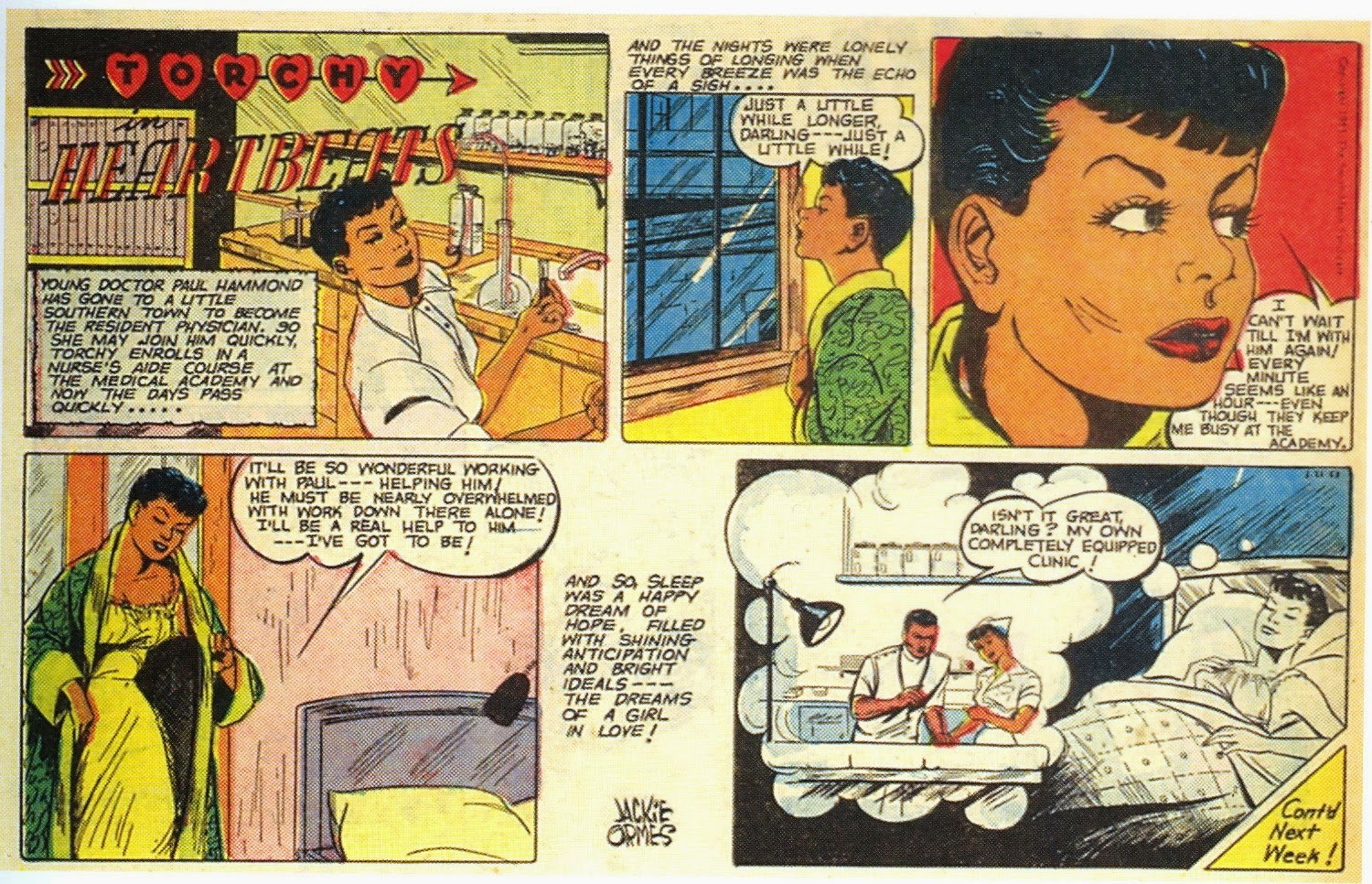
Ormes began her journalism career in 1930 at the Pittsburgh Courier as a proofreader, later covering the police beat and other community stories. A year after marrying Earl Ormes in 1936 — whom she would be married to for 45 years, until his death — her big break as a comic strip artist unfolded. From 1937 to 1938, the weekly Pittsburgh Courier started publishing her first comic strip Torchy Brown in “Dixie to Harlem,” a humorous depiction of a Mississippi teen who found fame and fortune singing and dancing in the Cotton Club.
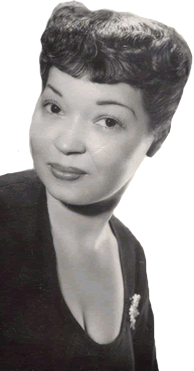
In 1942, Ormes and her husband would move to Chicago. As a woman, she was a trailblazer in becoming a syndicated cartoonist, as such professional opportunities were very limited for women of any race. In addition to the Pittsburgh Courier, her work would also be featured in the widely circulated Chicago Defender. In Chicago, Ormes developed the Patty-Jo ‘n’ Ginger and Candy comic strips. The Candy comic strip ran for four months in the Chicago Defender, while Patty-Jo ‘n’ Ginger ran for 11 years. During this time, Ormes also published a social column and wrote special assignment pieces for the newspaper.
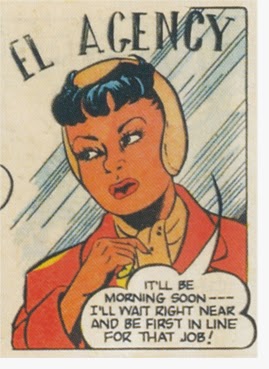
Ormes’ work later developed into other mediums of expression for her characters, such as the mass production of the doll modeled after her Patty Jo character. In 1947, this doll was launched and accompanied by a trove of elegantly-styled clothing. She also developed the “Torchy Togs” paper doll series.
While creating a comic strip can seem a very non-political endeavor, Ormes’ work included social and political satire that landed her on the FBI’s investigation list during the McCarthy era. She bravely addressed racial injustice, as well as domestic and foreign policy related to equality, environmental pollution, and war issues. Ormes retired in 1956, ending the 11-year run of the Patty Jo ‘n’ Ginger comic strip. She remained active, however, within the African American community in Chicago through her services with the Chicago Urban League and Clarence Darrow Community Center.
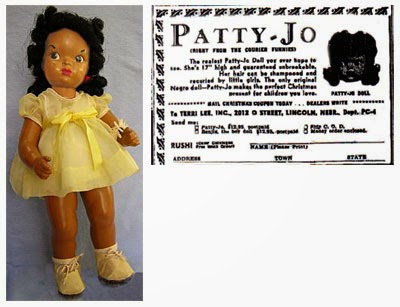
The great number of Jackie Ormes papers are now housed as The DuSable Museum of African American history through a project funded by the Black Metropolis Research Consortium “Color Curtain Processing Project.” The papers span from 1938-1985, reflecting her professional and social life in Chicago during that period.

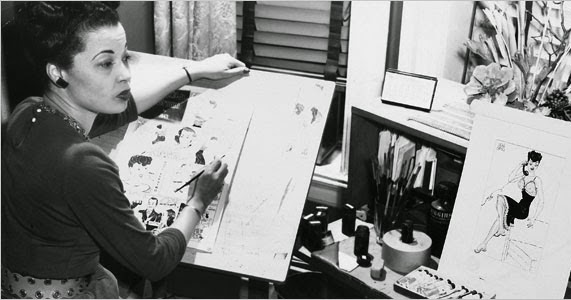




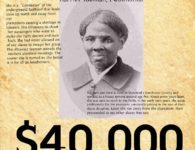


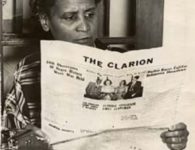

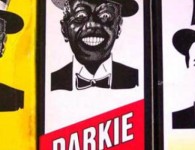









5 Comments
Canadian Pharmacy Expedited Shipping Canada Law On Cialis Prescription cheap cialis Propecia Dosis Efectos Adversos Vente Viagra Bruxelles
It’s going to be end of mine day, but before finish I am reading
this fantastic article to improve my knowledge.
Hello! This is my first visit to your blog! We are a collection of volunteers and starting a new initiative in a community in the same
niche. Your blog provided us valuable information to work
on. You have done a outstanding job!
Incredible! This blog looks exactly like my old one!
It’s on a totally different topic but it has pretty much the same page
layout and design. Wonderful choice of colors!
Cialis Generic Levitra Viagra Free Shipping Finasteride Cialis E Fertilita Keflex Dosing For Cats Viagra Free Belgium Cheapest Viagra Fast Delivery